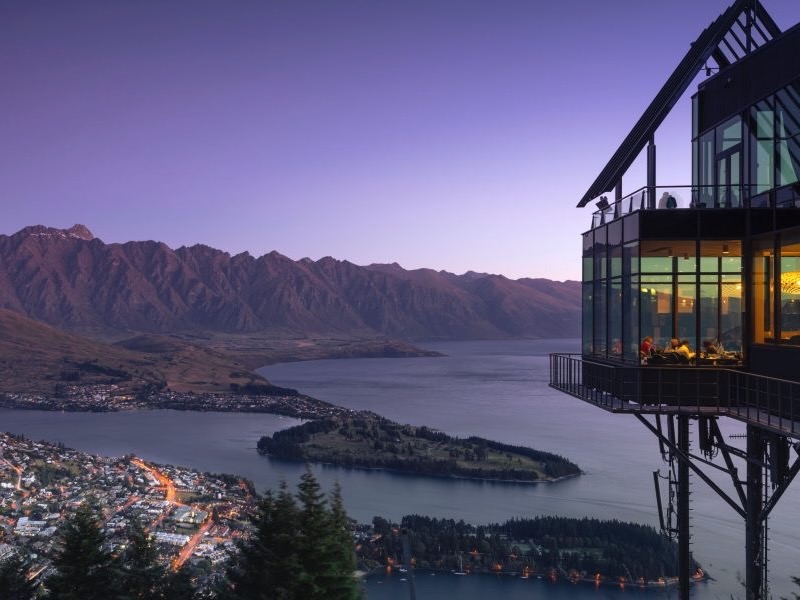 4th March 2024 QLDC / Sustainability
4th March 2024 QLDC / SustainabilityThe impacts on sustainability and infrastructure are among Queenstown Lakes residents’ top concerns when it comes to tourism, according to a new survey.
 1st March 2024 CIAL / Sustainability
1st March 2024 CIAL / SustainabilityThe Overseas Investment Office has granted approval for Contact Energy and Lightsource BP Renewable Energy Investments to lease approximately 295 hectares of land from Christchurch Airport to develop a solar farm.
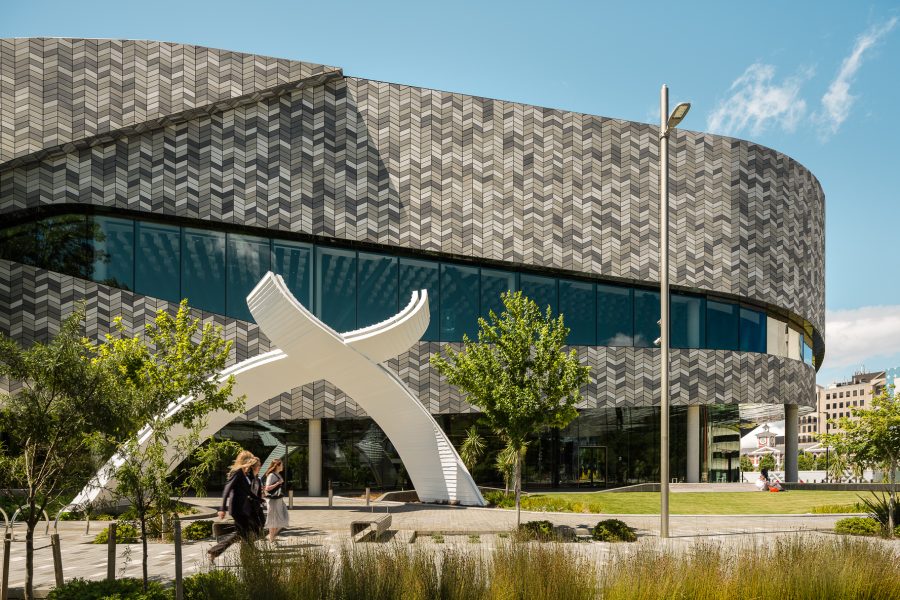 22nd February 2024 Sustainability / Te Pae
22nd February 2024 Sustainability / Te PaeTe Pae Christchurch Convention Centre says it has been Toitū net carbon zero certified for the 12 months since it committed to the mission.
 8th February 2024 Opinion / Sustainability
8th February 2024 Opinion / SustainabilityThe provision of greater e-bike access in national parks and rural areas can benefit sustainability, writes UK researcher Ian Philips.
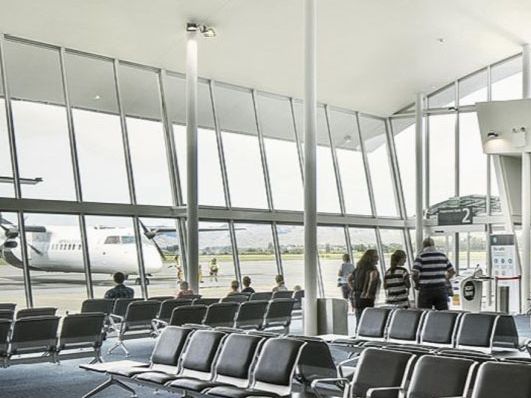 5th February 2024 Marlborough Airport / Sustainability
5th February 2024 Marlborough Airport / SustainabilityMarlborough Airport is inviting the public to submit their thoughts on its sustainability journey.
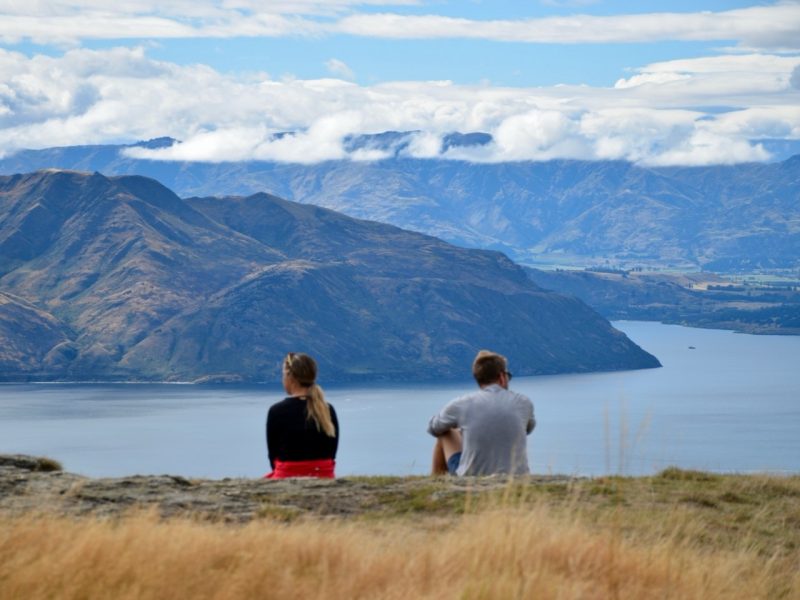 26th January 2024 Sustainability / Tarras
26th January 2024 Sustainability / TarrasA survey of Central Otago residents shows strong support for sustainable tourism and focusing on visitor value but little enthusiasm for more tourists and the proposed Tarras airport.
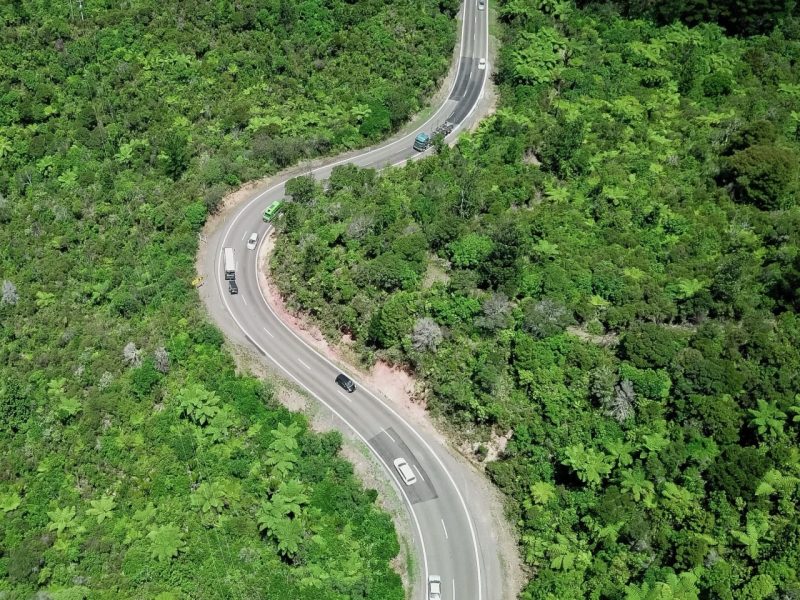 26th January 2024 Sustainability / TIA
26th January 2024 Sustainability / TIAThe number of tourism businesses measuring their carbon footprint has grown by 12%, according to Tourism Industry Aotearoa.
 12th December 2023 Sustainability / WTTC
12th December 2023 Sustainability / WTTCMore can be done by travel and tourism businesses to reduce water use, according to a WTTC analysis.
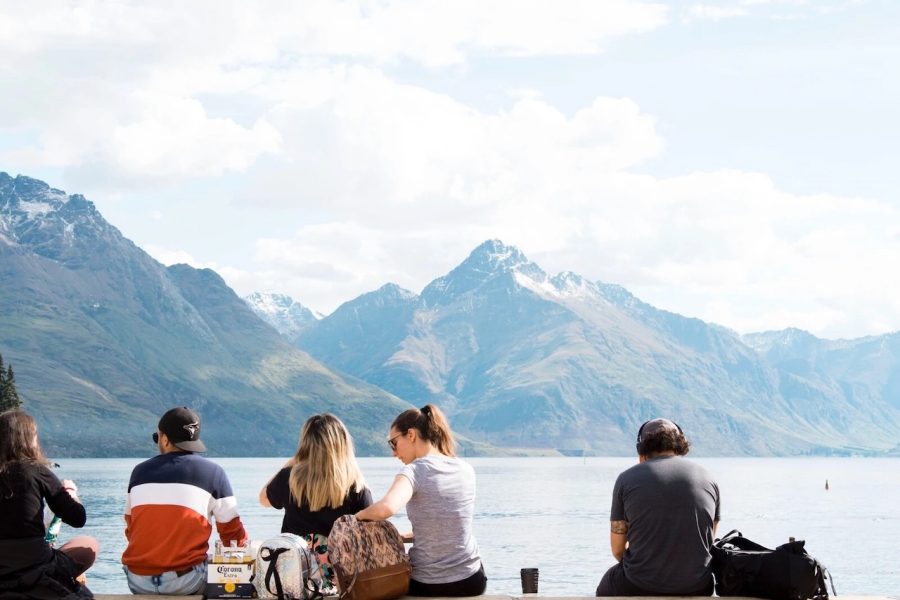 29th November 2023 Opinion / Sustainability
29th November 2023 Opinion / SustainabilityThere is a tension in tourism between the economic benefits travellers bring and their environmental impacts but there are ways the public and private sectors can work together to create positive change, according to Visa’s global head of merchant sales and acquiring, Jennifer Munday.
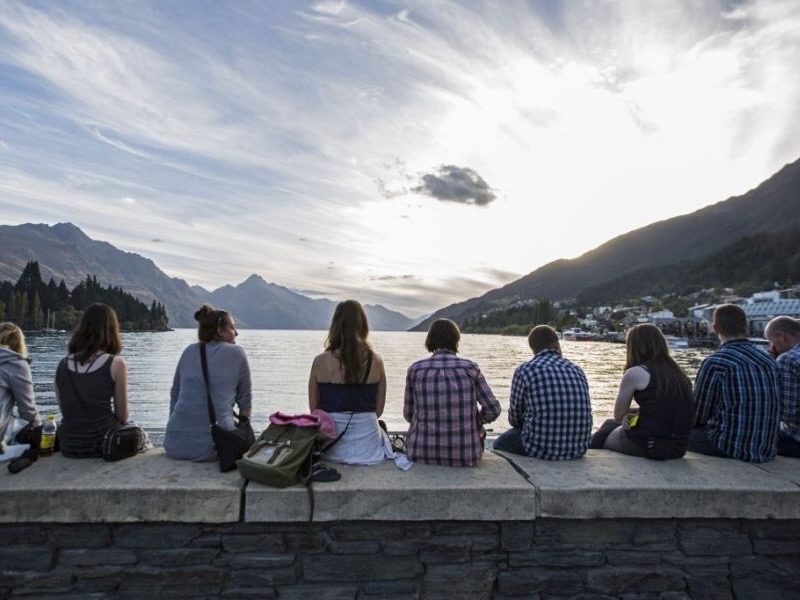 22nd November 2023 G Adventures / Sustainability
22nd November 2023 G Adventures / SustainabilityThe global operator says its community focus enables a “huge” opportunity in destinations like New Zealand.
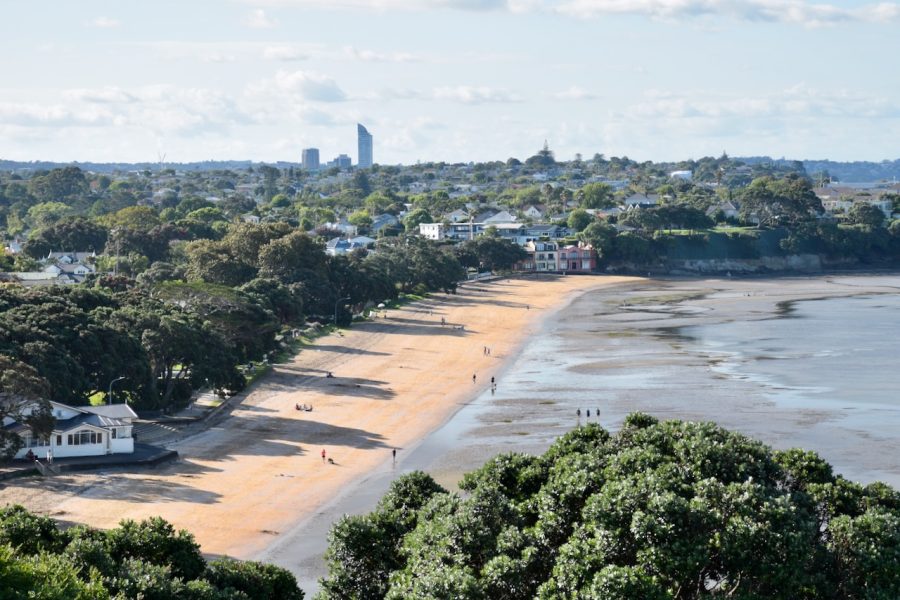 15th November 2023 Sustainability / TAU
15th November 2023 Sustainability / TAUTātaki Auckland Unlimited’s emissions totalled 5324 tCO₂e in its year to 30 June 2023.
 9th November 2023 Opinion / Sustainability
9th November 2023 Opinion / Sustainability‘Carbon passports’ that limit the amount of travel could be seen as an extreme measure but the world is already on the verge of change, writes the University of Westminster’s Ross Bennett-Cook.
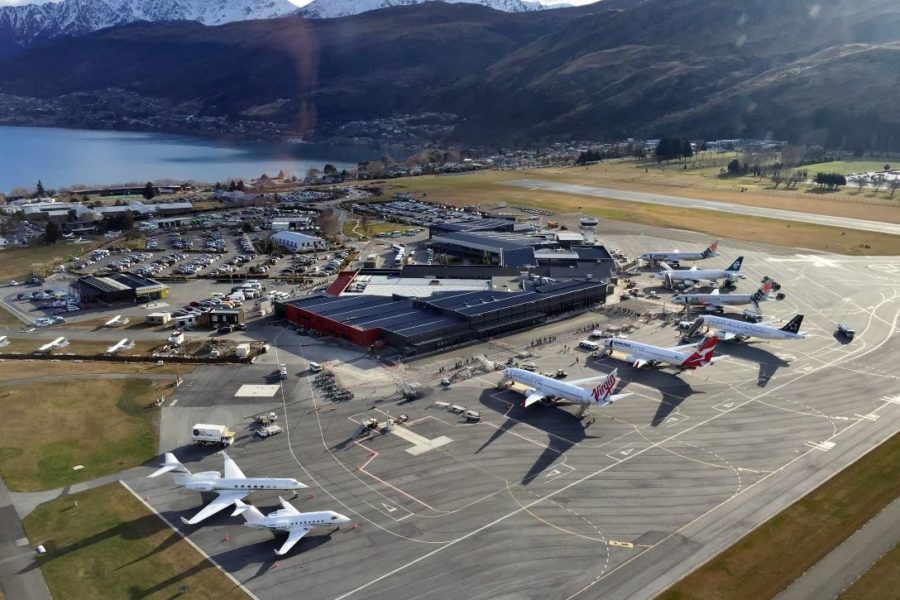 2nd November 2023 QAC / Sustainability
2nd November 2023 QAC / SustainabilityQAC says it has cut emissions by almost two-thirds compared to 2019 but it does not yet measure the impacts of airlines flying to the airport.
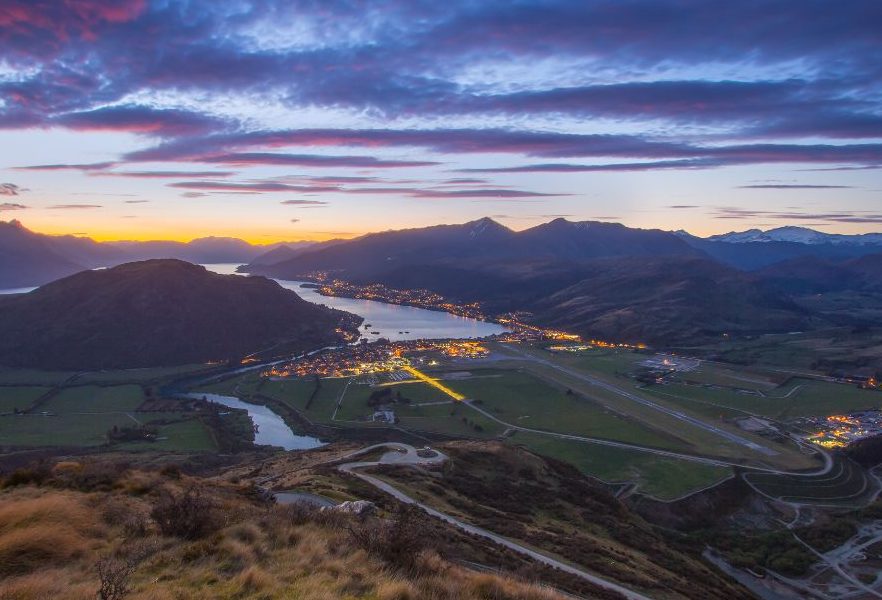 2nd November 2023 QAC / Sustainability
2nd November 2023 QAC / SustainabilityThe airport first sponsored the event to help the event become zero-waste, and also funded the DISHrupt reusable cutlery and dishes initiative this year.
 26th October 2023 Sustainability / TINZT
26th October 2023 Sustainability / TINZTThe Tourism Industry New Zealand Trust has awarded $160,000 in grants to four groups, including YoungTEC and the Tourism Teachers Association.
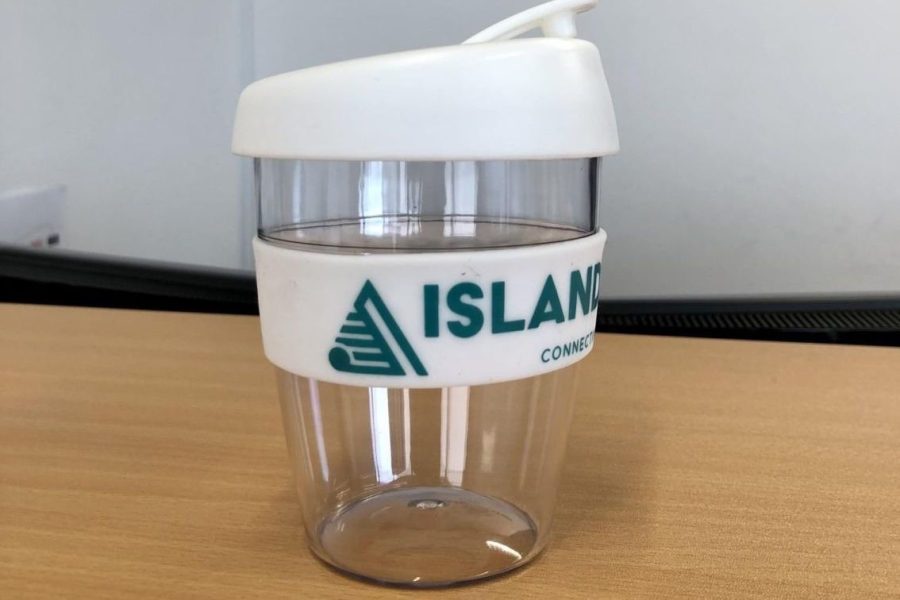 17th October 2023 Island Aviation / Sustainability
17th October 2023 Island Aviation / SustainabilityIsland Aviation is introducing reusable cups on its flights between Auckland’s North Shore and destinations around the Hauraki Gulf including Great Barrier Island.
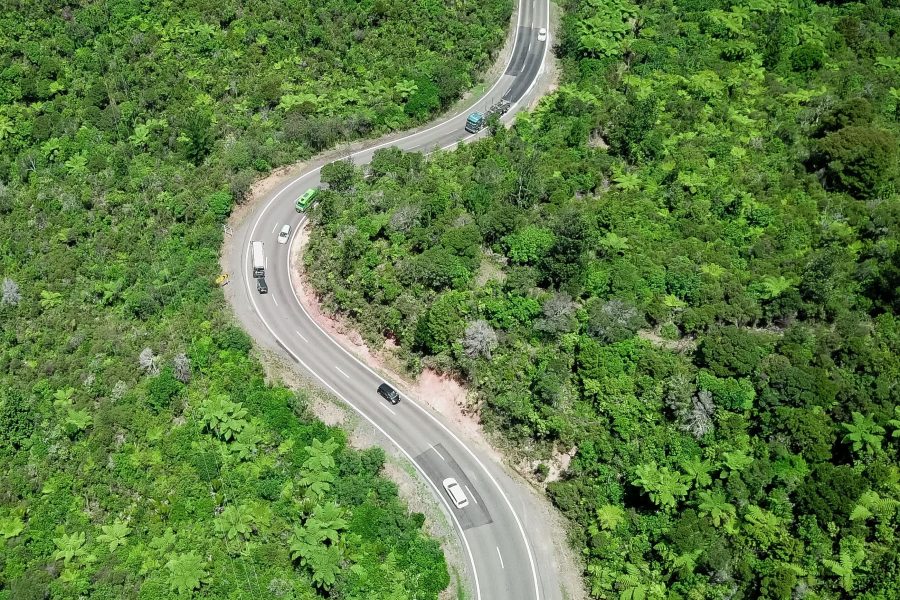 5th October 2023 Opinion / Sustainability
5th October 2023 Opinion / SustainabilityGrowing demands for sustainability disclosures present challenges for tourism, write Christopher Imbsen from the World Travel & Tourism Council and Dan Darcy from management consultancy Oliver Wyman.
 25th September 2023 Opinion / Sustainability
25th September 2023 Opinion / SustainabilityMaking inroads toward sustainable tourism is possible but will require enormous global effort to make it happen at scale.
 14th September 2023 Opinion / Sustainability
14th September 2023 Opinion / SustainabilityAs tourism seeks to become more regenerative, it is equally crucial visitors follow suit.
 12th September 2023 Opinion / Sustainability
12th September 2023 Opinion / SustainabilityWhere there are issues, it is not often tourism itself but the management of it that needs to be addressed.
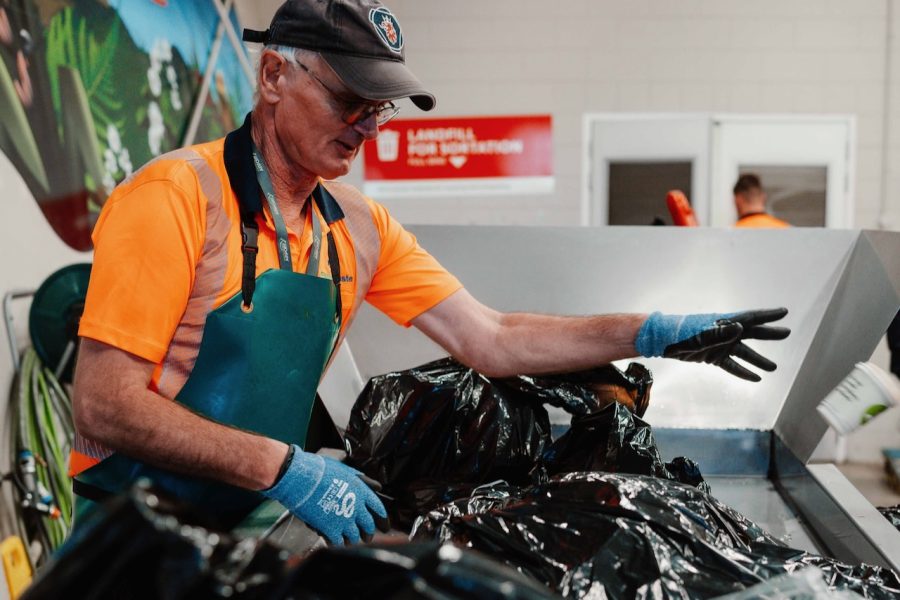 29th August 2023 CIAL / Sustainability
29th August 2023 CIAL / SustainabilityThe Airports Council International Asia-Pacific has awarded Christchurch Airport the Green Airports Recognition 2023 and the Airport Carbon Accreditation – Mentor.
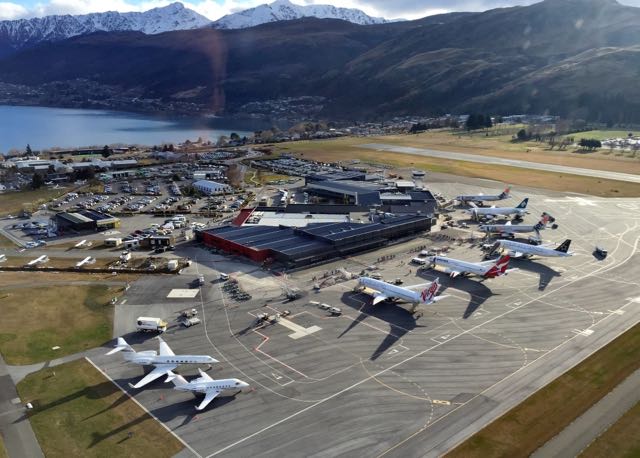 10th August 2023 QAC / Sustainability
10th August 2023 QAC / SustainabilityQueenstown Airport Corporation has converted its $100m bank lending facilities to sustainability-linked loans.
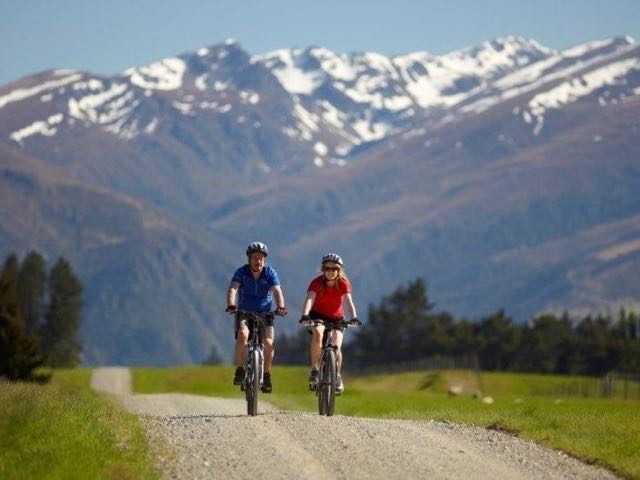 8th August 2023 Ecotourism / Sustainability
8th August 2023 Ecotourism / SustainabilityEcotourism is one of five main opportunities for New Zealand as it attempts to build a greener economy, according to a report from Boston Consulting Group.
 8th August 2023 Sustainability / TIA
8th August 2023 Sustainability / TIAThe Ticker asks TIA whether operators should be more accountable to its Tourism Sustainability Commitment.
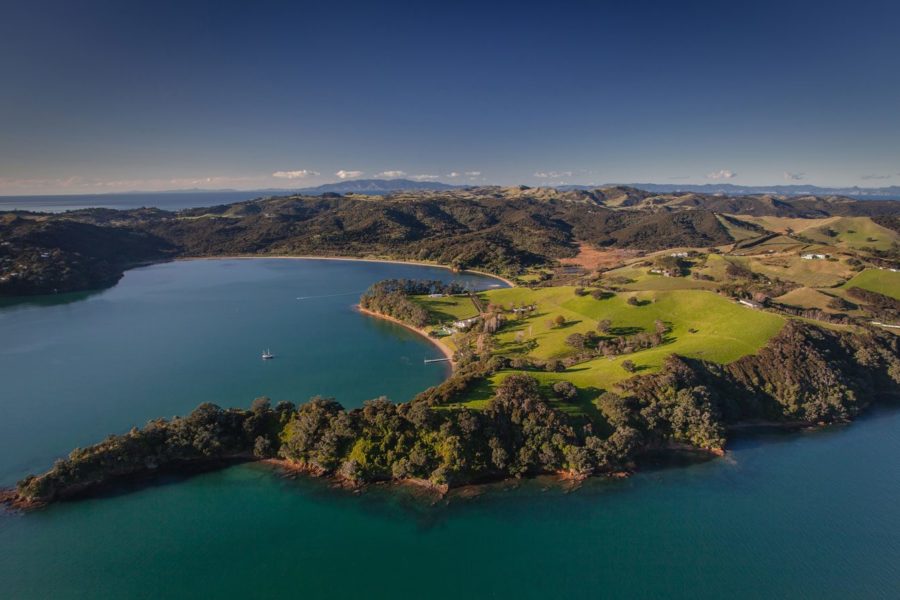 2nd August 2023 Sustainability / Taurikura Initiative
2nd August 2023 Sustainability / Taurikura InitiativeTourism and hospitality businesses from Waiheke Island and Aotea Great Barrier Island have celebrated completing the Taurikura Initiative.
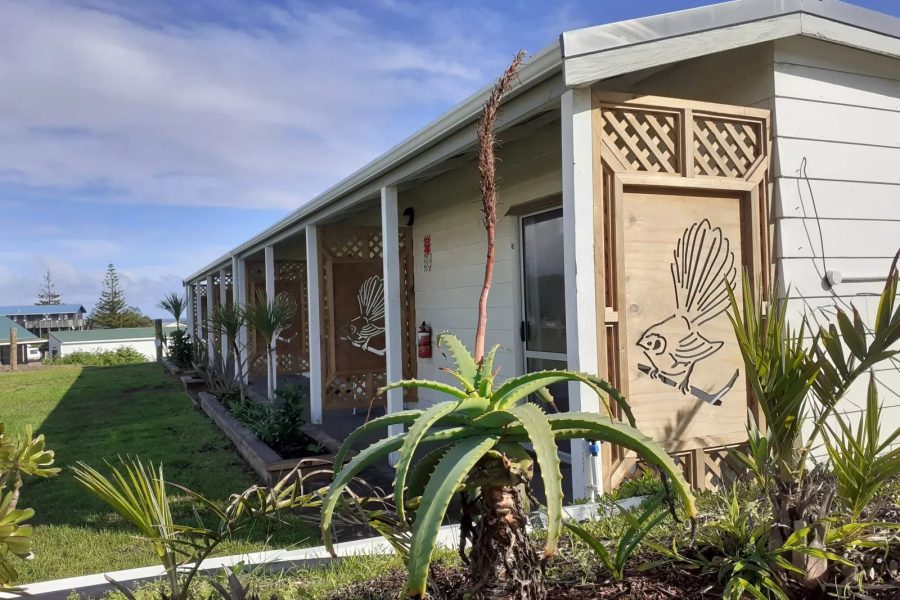 1st August 2023 Holiday Parks / Sustainability
1st August 2023 Holiday Parks / SustainabilityOperators’ better use of food resources and cutting waste have been recognised as holiday parks aim for greener outcomes.
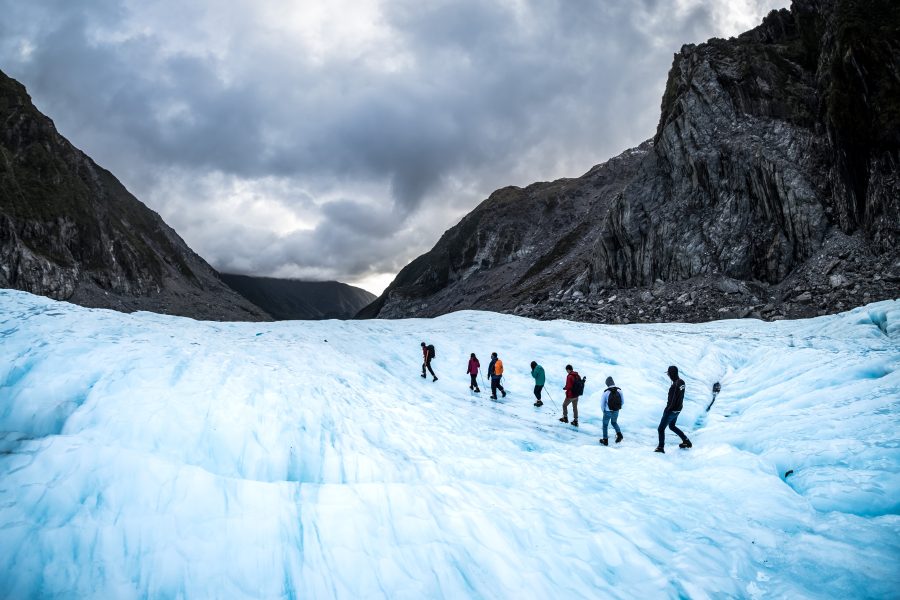 31st July 2023 Sustainability
31st July 2023 SustainabilityNZ businesses want to do the right thing but face barriers to supporting nature.
 28th July 2023 Sustainability / TAU
28th July 2023 Sustainability / TAUThe first cohort of tourism businesses to complete the Auckland sustainability programme Taurikura Initiative will be recognised at an event next week.
 24th July 2023 Aviation / Sustainability
24th July 2023 Aviation / SustainabilitySustainable air passenger journeys and autonomous aerial vehicle integration are two of the key goals in New Zealand’s first Aerospace Strategy.
 13th July 2023 Survey / Sustainability
13th July 2023 Survey / SustainabilityThe Ministry of Business, Innovation and Employment is seeking input from businesses in the tourism sector about how they view environmental sustainability.
 13th July 2023 Sustainability / WIAL
13th July 2023 Sustainability / WIALWellington Airport has published its Kaitiakitanga report on how it plans to achieve net zero emissions by 2030 and absolute zero by 2050.
 11th July 2023 Climate / Sustainability
11th July 2023 Climate / Sustainability“I think we’ve got an incredible opportunity to showcase to the world, what we can do here,” says Ziptrek Ecotours’ executive director.
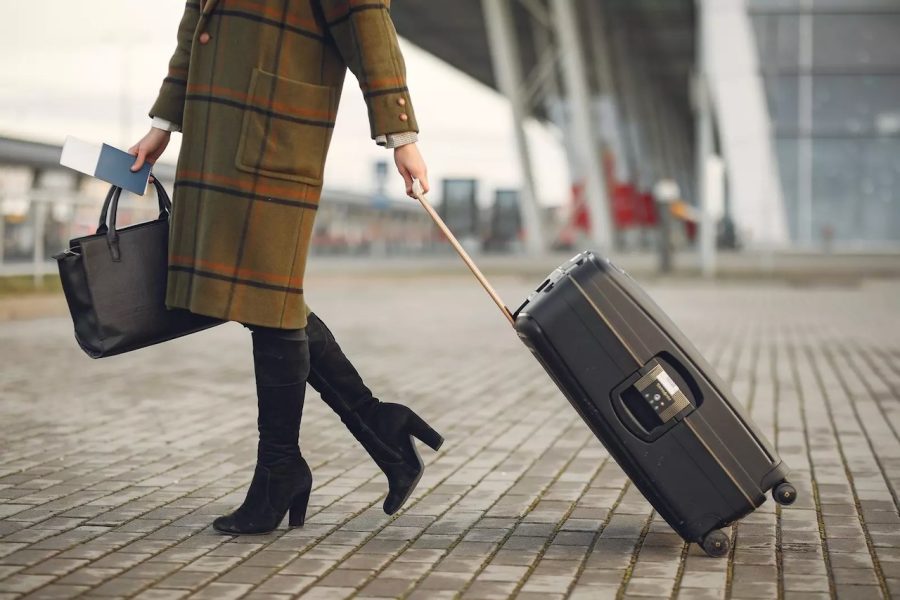 11th July 2023 Opinion / Sustainability
11th July 2023 Opinion / SustainabilityJapan Airlines is launching a new clothing rental service called Any Wear, Anywhere, which it claims can help reduce aircraft emissions, writes EcoWatch’s Cristen Hemingway Jaynes for the World Economic Forum.
 12th June 2023 Sudima / Sustainability
12th June 2023 Sudima / SustainabilityThe operator is preparing to introduce a new sustainability-focused brand, which will adhere to strict green credentials.
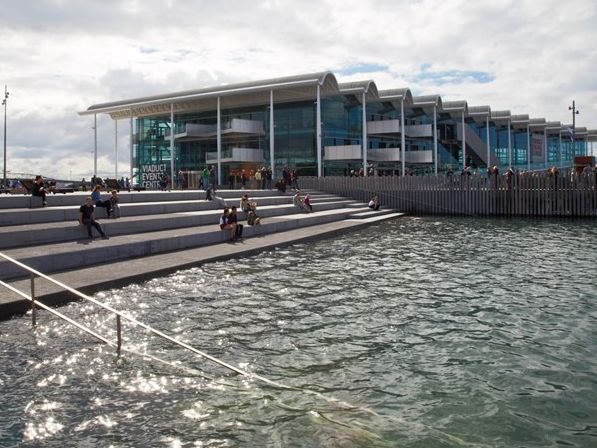 8th June 2023 Conferences / Sustainability
8th June 2023 Conferences / SustainabilityThe 15th annual Climate Change and Business Conference is returning to the Viaduct Events Centre in Auckland this year.
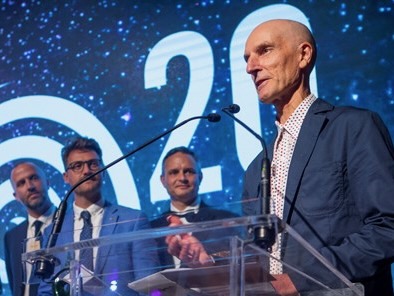 24th May 2023 Awards / Sustainability
24th May 2023 Awards / SustainabilityThe 21st year of the annual awards will recognise business, local government, social enterprise and individuals for their sustainability achievements.
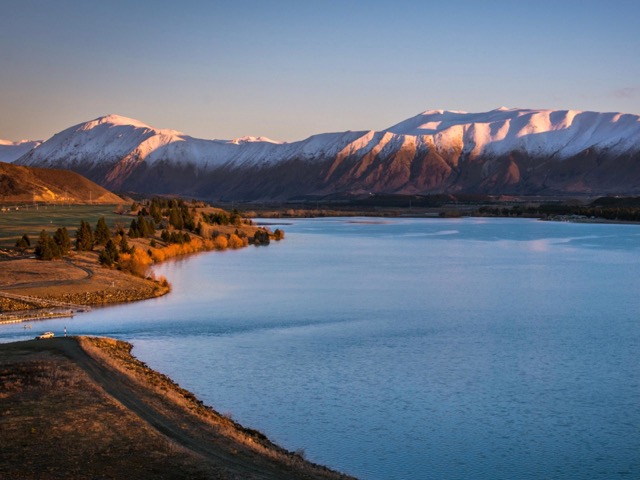 11th May 2023 Sustainability
11th May 2023 SustainabilityMackenzie Tourism and Tourism Industry Aotearoa are holding a tourism sustainability workshop for businesses in Timaru this month.
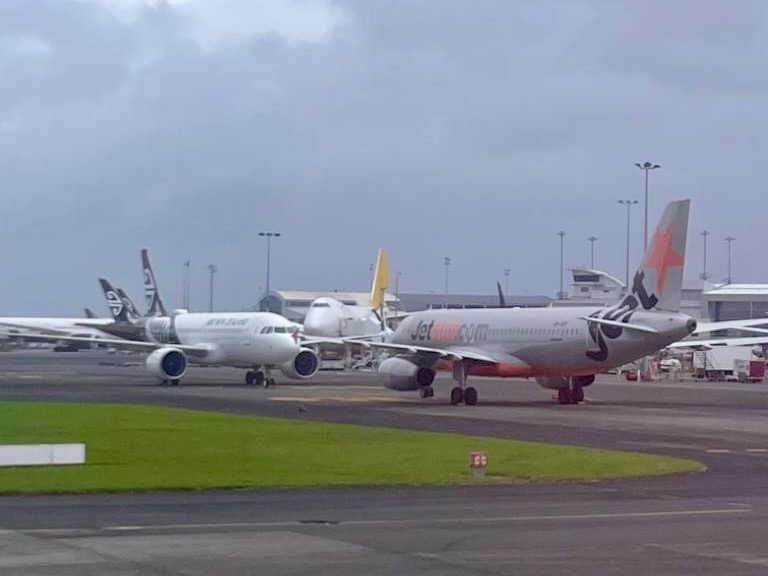 27th April 2023 Aviation / Sustainability
27th April 2023 Aviation / SustainabilityThe Sustainable Business Council and Climate Leaders Coalition want to see New Zealand’s political parties commit to decarbonising aviation for the benefit of New Zealand, its economy and exports.
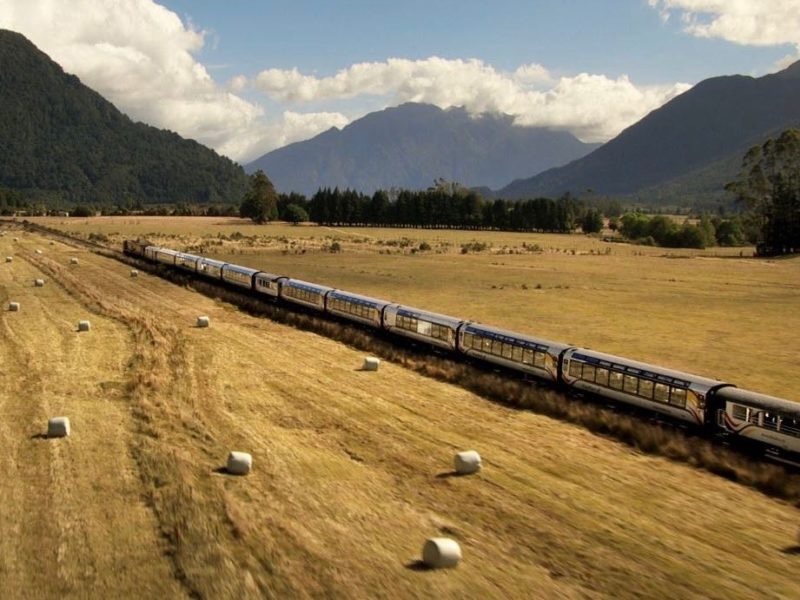 26th April 2023 Booking.com / Sustainability
26th April 2023 Booking.com / SustainabilityBooking.com says rising living costs and climate anxiety are driving demand for more budget and planet-friendly options.
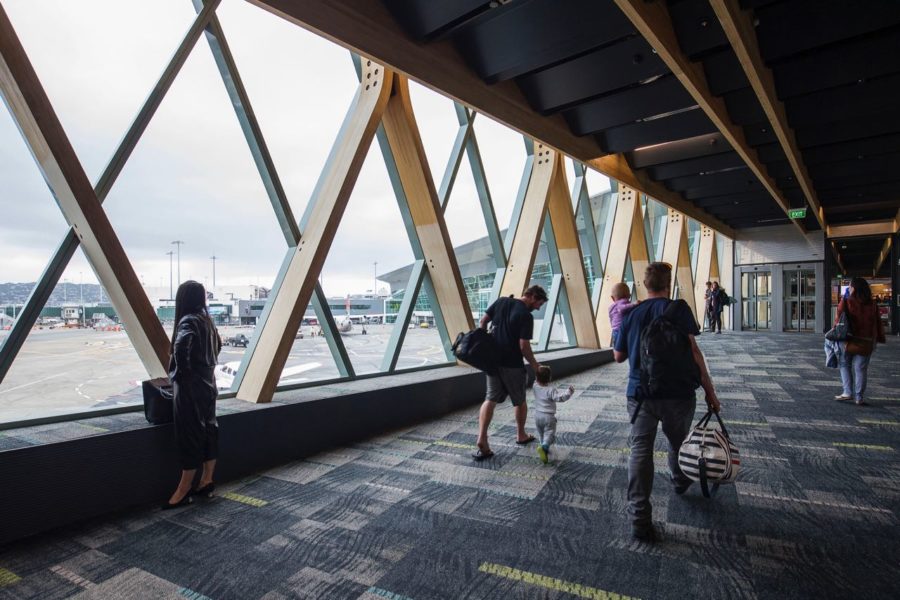 3rd April 2023 Sustainability / WIAL
3rd April 2023 Sustainability / WIALWellington International Airport Limited is banking on a $100m sustainability-linked facility to help it achieve its decarbonisation goals.
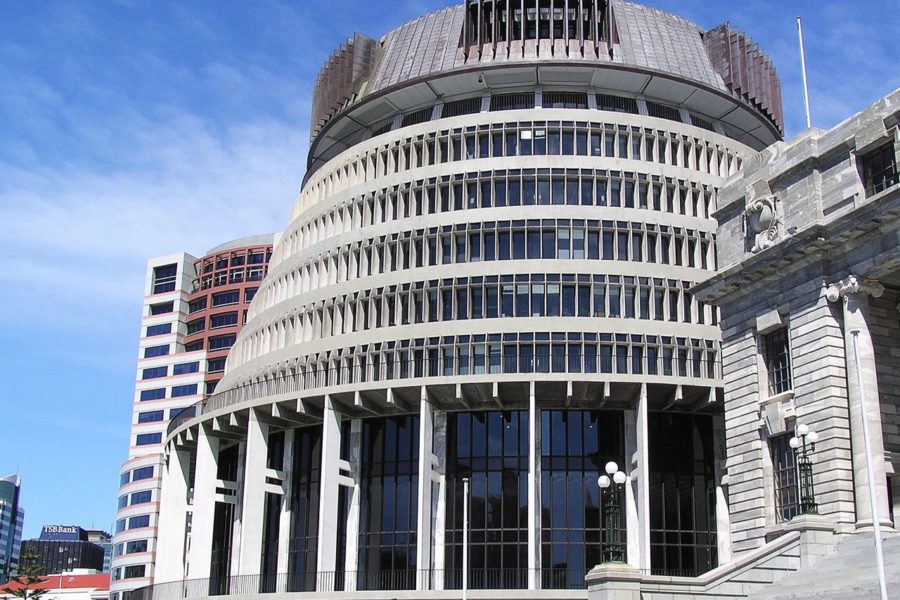 28th March 2023 Sustainability / Tarras Airport
28th March 2023 Sustainability / Tarras AirportSustainable Tarras plans to protest what it calls ‘greenwashing’ by the aviation industry at Parliament today.
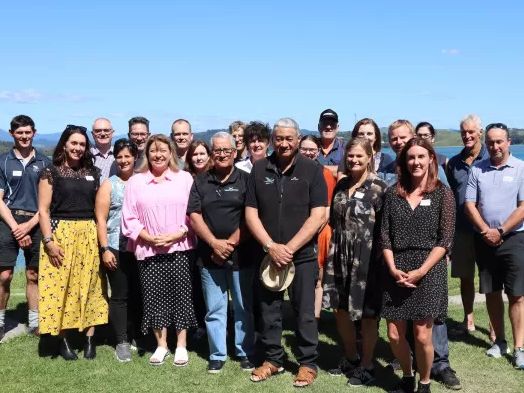 23rd March 2023 Sustainability / TBOP
23rd March 2023 Sustainability / TBOPTourism Bay of Plenty has kicked off the first The Green Room sustainability programme for the year in Ōhope, with 18 organisations taking part.
 21st February 2023 Sustainability / Technology
21st February 2023 Sustainability / TechnologyThe Sustainable Business Network is leading the charge in helping companies assess the sustainability of their businesses with the launch of a free online toolbox.
 24th January 2023 Luxury / Sustainability
24th January 2023 Luxury / SustainabilityConsumers are highlighting the value they place on protecting nature and travelling responsibly, says the WTTC.
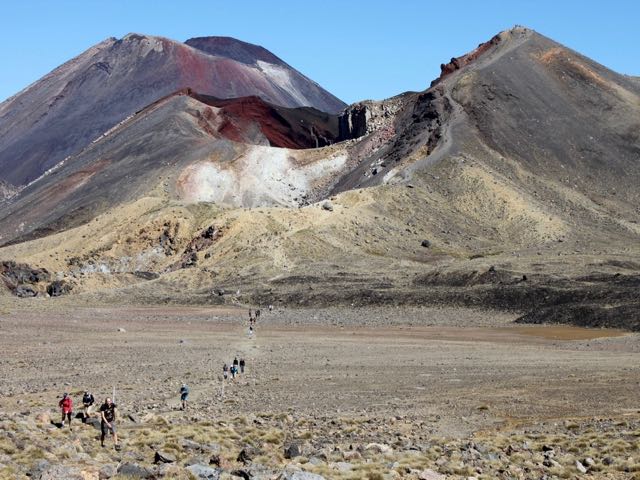 17th January 2023 Preview 2023 / Sustainability
17th January 2023 Preview 2023 / SustainabilityWhy both NZ’s tourism infrastructure and the sector’s governance need updating.
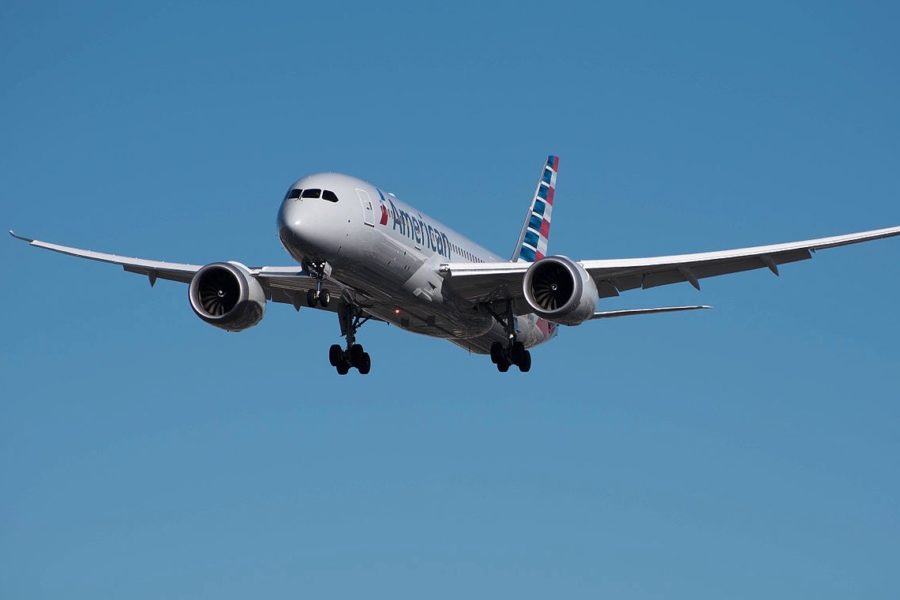 12th December 2022 Sustainability / WEF
12th December 2022 Sustainability / WEFCarbon offsetting and the production of a lot more sustainable aviation fuel will be critical to achieving the industry’s goal.
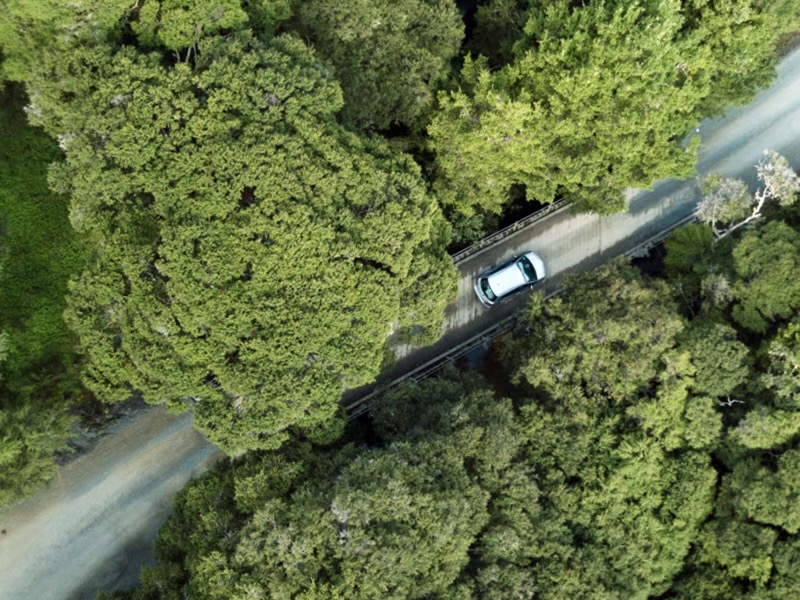 8th December 2022 Sustainability
8th December 2022 SustainabilityOperators must be more ambitious, collaborate to create greener packages, and bring employees in on the mission to help build a better sector.
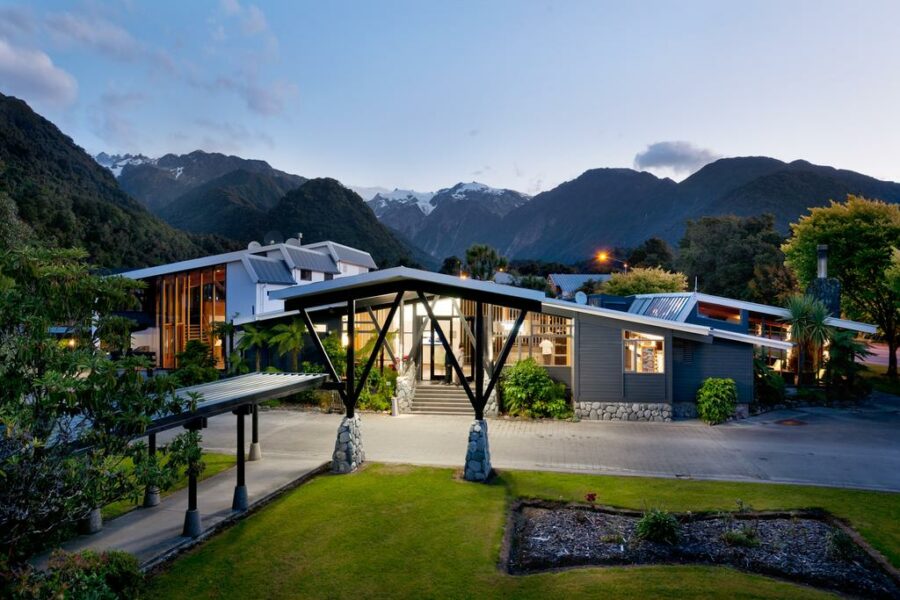 21st November 2022 Scenic / Sustainability
21st November 2022 Scenic / SustainabilityCarbon-neutral room rates will allow guests to offset their stay through a programme delivered by CarbonClick.
 15th November 2022 Perspectives / Sustainability
15th November 2022 Perspectives / SustainabilityWhile sustainable travel is the next step in the evolution of tourism, the way consumers talk about it and what they actually do about can be very different.
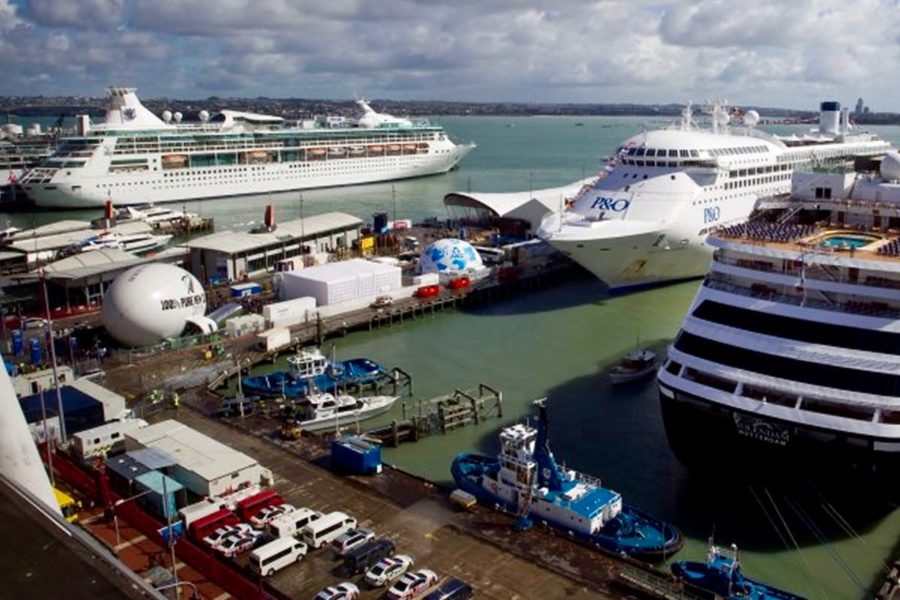 10th November 2022 Cruise / Sustainability
10th November 2022 Cruise / SustainabilityCruise lines are preparing for an industry-wide switch to shoreside electricity as part of a commitment by Cruise Lines International Association ocean-going members to pursue net-zero carbon emissions by 2050.